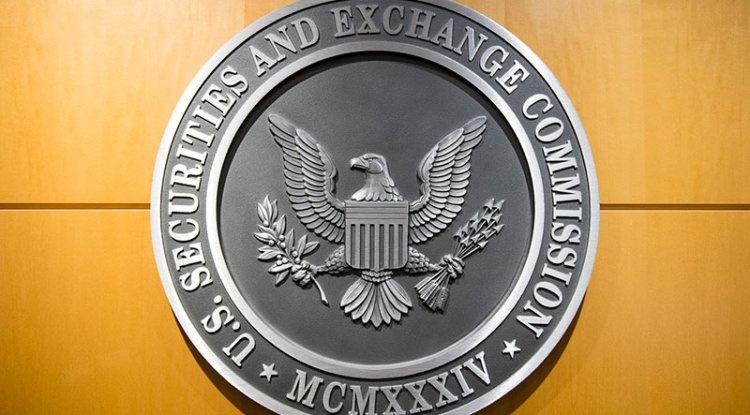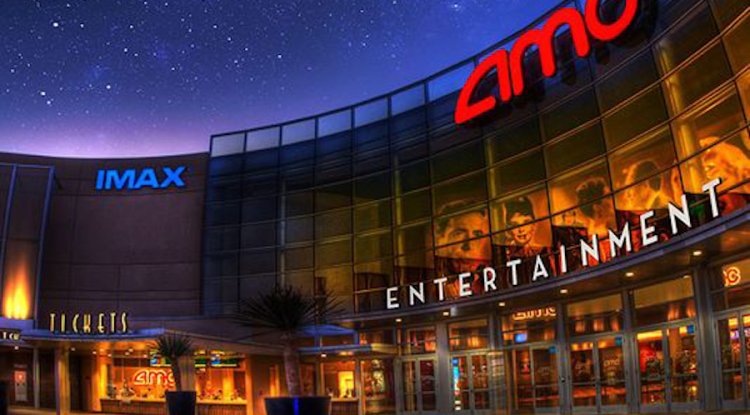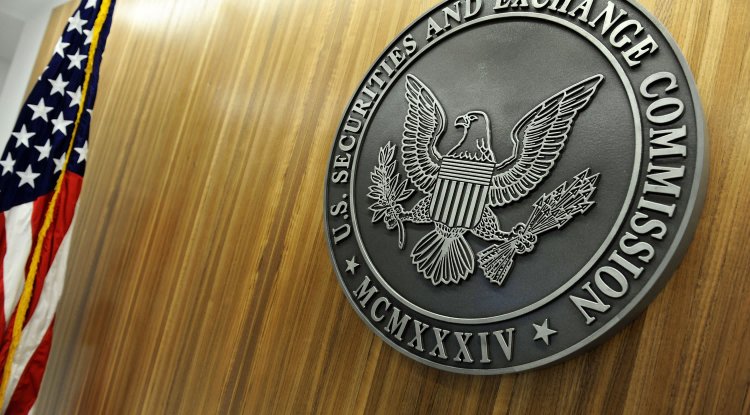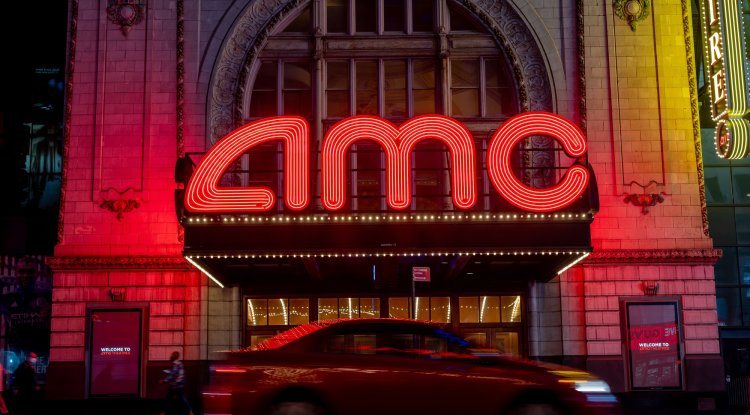The DRS System and GameStop: 76 Million Shares Directly Registered but Ignored by Wall Street
GameStop disclosed in its annual filing that record holders hold 25% of the total number of outstanding shares.

|
What Is the Direct Registration System?
The direct registration system (DRS) is an alternative to holding your shares through a brokerage.
DRS (Direct Registration System) is a service provided by The Depository Trust Company (DTC) that allows registered shareholders of the issuer to hold their assets (shares) on the transfer agent's books and records in book-entry form rather than a physical stock certificate. DRS Format enables electronic share transfers between a broker dealer and a transfer agent.
A DRS Transaction Statement or DRS Advice represents DRS shares held in the name of the registered shareholder. DRS shares cannot be lost, saving the cost and time associated with replacing lost certificates. The shareholder retains full ownership of the shares, as well as all traditional voting rights and privileges associated with share ownership.
What is the Reason for GameStop Investors to Utilize DRS?
One of the main benefits of utilizing DRS is that it acknowledges you as the actual shareholder of the shares. As a result, communication with the company becomes more streamlined, and you have the ability to receive dividends and directly access certain documents.
Furthermore, there is an additional advantage to this approach. The majority of transfer agents, such as Computershare, which is GameStop's (GME) agent, do not lend registered shares to short sellers. In order to bet against a stock, short sellers must borrow shares from a brokerage.
In addition to that, if a company were to register all of its stock float directly with a transfer agent, it could have a significant impact on short sellers, who would find it difficult to open bear positions.
Short sellers face greater challenges when a substantial number of shares are registered with the DRS. This results in addddn increase in borrowing fees as the availability of shares becomes limited.
Moreover, after the GameStop short-squeeze incident in 2021, many individual shareholders became skeptical of trading structures.
Additionally, numerous shareholders have opted to keep their shares away from brokerages to avoid any trading restrictions, like the ones experienced by Robinhood during the height of the short squeeze (HOOD).
What is the Number of Directly Registered GME Shares?
As per GameStop's latest 10-K Form, approximately 76 million shares are registered directly with the transfer agent.
Moreover, the company's annual report reveals that out of the 76 million registered shares, around 197,000 are owned by record holders. This indicates that each individual investor owns 385 shares.
Remarkably, this means that through Computershare, individual investors possess 25% of all GameStop shares.
When we consider GameStop's present market capitalization of roughly $7 billion, it indicates that $1.75 billion worth of shares are held beyond brokerages and banks.
The number of GameStop's directly registered shares has surged in recent quarters. During Q1 2022, there were 50.8 million split-adjusted directly registered shares, which then rose to 71.8 million in Q2 2022, as of October 2022. At present, a total of 197,058 individuals own 76 million DRS.
Despite the fact that Computershare remains GME's transfer agent, the report failed to mention that these shares are registered through this entity.
Why is Wall Street not discussing this?
The system of direct registration is not new. It's been around since the 1990s.Top of Form
There could be several reasons for Wall Street's silence on the DRS system. One possibility is that the DRS system is less well-known and understood by investors and traders than other investment topics. Another possibility is that Wall Street is unwilling to discuss the DRS system because it could disrupt their current business practices or result in regulatory changes.
Another reason Wall Street may not be discussing the DRS system is the potential negative impact on short sellers. Short sellers rely on brokers to borrow shares, but if the majority of shares are held directly with the transfer agent via the DRS system, short sellers may struggle to borrow enough shares to execute their trades.
This could lead to higher borrowing costs and a reduction in the number of shares available for shorting, potentially reducing the profitability of short selling strategies. As a result, in addition to the other reasons mentioned previously, Wall Street may not want to draw attention to the DRS system and the potential challenges it presents for short selling.
The DRS system may not receive as much attention on Wall Street as other investment topics because it is a back-end system that operates behind the scenes. Wall Street's primary focus is on factors such as earnings, macroeconomic indicators, and other specific market events that experts use to formulate their investment analyses.
These are the topics that tend to receive the most attention from investors and analysts, as they have a more direct impact on the financial markets and investment strategies. As a result, the DRS system may be seen as a less significant aspect of the investment landscape and may not be given as much consideration in discussions on Wall Street.
Retail investors hold a majority of GameStop's float, and the stock's non-traditional trading style has made it popular in the markets. Additionally, their scrutiny of traditional trading structures and relationships between brokerages and market makers has aided authorities in conducting investigations and proposing new rules.
While it's unclear how significant the DRS numbers have been for the GameStop movement, on some occasions, such as November 2022, GameStop's short sellers ran out of ammunition due to increased demand for short selling and the inability to execute large short trades.
What's Your Reaction?





















